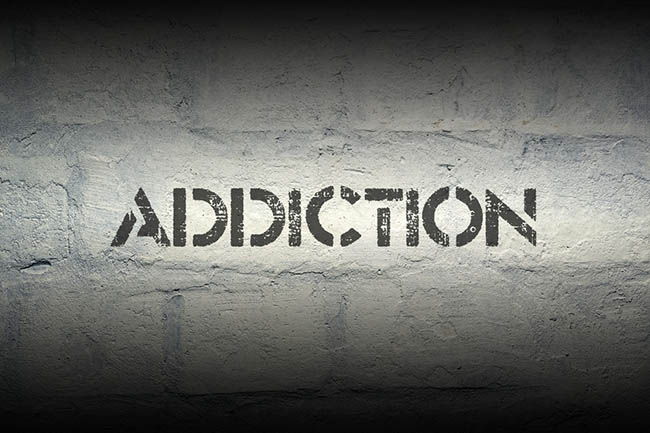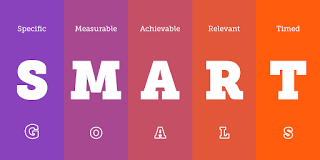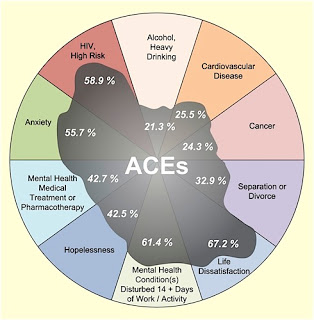
By Randy Moraitis, MA, CIP, BCPC
As a coach, counselor and interventionist I am extremely passionate about helping my clients have long term, healthy change in their behaviors and their lifestyles. So many folks have tried unsuccessfully to lose weight, quit smoking, stop abusing drugs or alcohol, or other unhealthy behaviors. Some have short term success but very few have long term success.
Here are Five Keys to Making Changes That Last that I use with my clients and encourage you to use in your life.
1. Realistic Expectations–The first key to making changes that last is to have realistic expectations or goals. If we set unrealistic, unattainable goals, then we set ourselves up for failure, disappointment and eventually giving up.
It’s much better to set ourselves up for success by using SMART Goals. Smart Goals are specific, measurable, attainable, relevant and timely. Click here for more info on how to set SMART Goals.
If we keep it real, then we can make it happen!
2. Internal Motivation–Motivation is the activation of goal oriented behavior and is either intrinsic (internal-coming from inside) or extrinsic (external–coming from outside).
Doing an intervention is a form of external motivation that can help save someone’s life when drug or alcohol use is out of control. But for lasting change, at some point the person will need to find some internal motivation. This is because intrinsic, or internal, motivation is much more powerful for lasting behavioral change.
For optimal internal motivation towards achieving a healthy goal one must truly value the benefit of the goal or lifestyle change, have self-confidence in the ability to achieve the goal, and be in the appropriate social settingfor achieving the goal.
To value the goal it can be helpful to write out lists or reasons why the goal is important to you. It can also be very helpful to visualize achieving the goal.
To increase self-confidence it can be helpful to have a coach, counselor or sponsor on board to help give tools and encouragement that continually build self-confidence.
To maintain a healthy social setting we must remove triggers from our environment. This may even mean entering a treatment program for a more structured, healthy environment for a period of time. It also means having good stimulus control which is removing unhealthy triggers (such as foods, drugs, alcohol) from the environment.
3. Core Skills–These are the skills needed to help you make changes that last. It’s not about willpower, which can often fail us, especially if we get too hungry, angry, lonely or tired (HALT).
Core skills include the abilities to honestly observe and evaluate ourselves, then react and respond accordingly. For example, giving ourselves a form of reward or punishment based on how well we’re sticking to our goal plan.
Core skills also include daily disciplines, stress coping strategies and self care. As a coach I emphasize these skills in every session with my clients!
4. Action Plans–The action plan includes all the elements of the SMART Goals–that we have a specific, measurable, attainable, relevant and timely goal in place. The action plan has a start date, a deadline, and a list of resources needed for success.
The action plan should also include regular assessments and consultations with one’s coach, counselor, and/or physician. Ironically, having structure can actually give us freedom from unhealthy impulses.
5. Social Support–Who’s in your tribe? Jim Rohn once said, “We become the average of the five people we spend the most time with”. To make lasting change we need to set boundaries with unhealthy influences in our life. This may mean terminating unhealthy relationships and deleting contacts from our phone. If you want a new, healthy life, then you will need some new, healthy friends!
When you assess and change your social circle, it is important to let your circle know about your new goals and values so they can support you on your journey to success. Healthy lives happen in healthy community!
So there you have it–the Five Keys to Making Lasting Change–Realistic Expectations, Internal Motivation, Core Skills, Action Plans, and Social Support. Put these keys into action and they will unlock the healthy lifestyle that will help you be the very best version of yourself!
I would love to hear your thoughts on this topic!
For info on counseling, coaching or interventions please contact me at randy@randymoraitis.com or 949-303-8264, 0r visit my websites www.randymoraitis.com and www.carepossible.org.
About Randy Moraitis
Randy is married to Kim and they live in Laguna Niguel. Together they have a blended family of five adult children and three beautiful grandchildren. (If you don’t believe Randy he will gladly show you pictures!)
Randy is a Certified Intervention Professional (CIP) and expert in helping families affected by addiction and/or mental health issues. He is a Board Certified Pastoral Counselor and is both licensed and ordained as a pastoral counselor. He has five professional coaching certifications and loves working with clients on executive coaching, life coaching, wellness coaching and recovery coaching. Randy has a master’s degree with emphasis in theology and counseling, a bachelors degree in management and leadership, and a certificate in health and fitness with emphasis in exercise physiology and sports psychology from UC Irvine. He has been helping groups, individuals and families get mentally, physically and spiritually healthy in Orange County for over 25 years.



 As a counselor, coach and interventionist I am fascinated by the habits and disciplines that help people live healthy and successful lives. That is why I just love this infographic that I found on success.com. Here is a link to their original post:
As a counselor, coach and interventionist I am fascinated by the habits and disciplines that help people live healthy and successful lives. That is why I just love this infographic that I found on success.com. Here is a link to their original post: 








